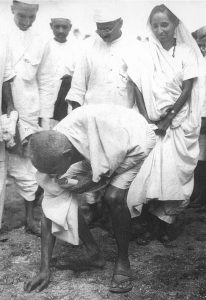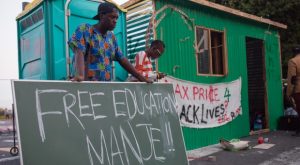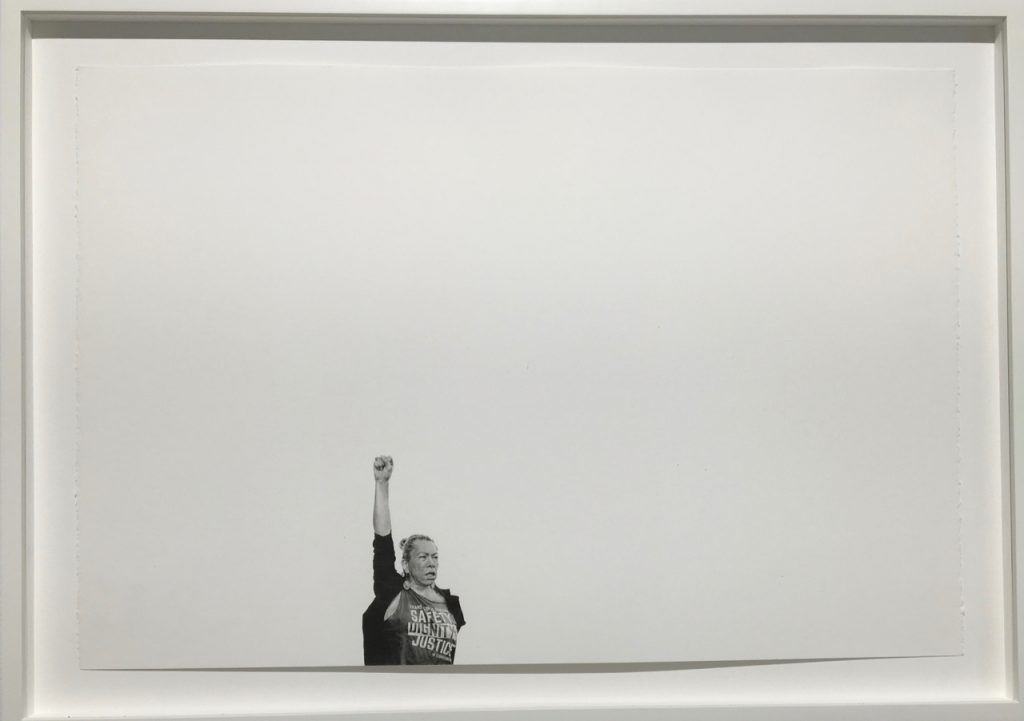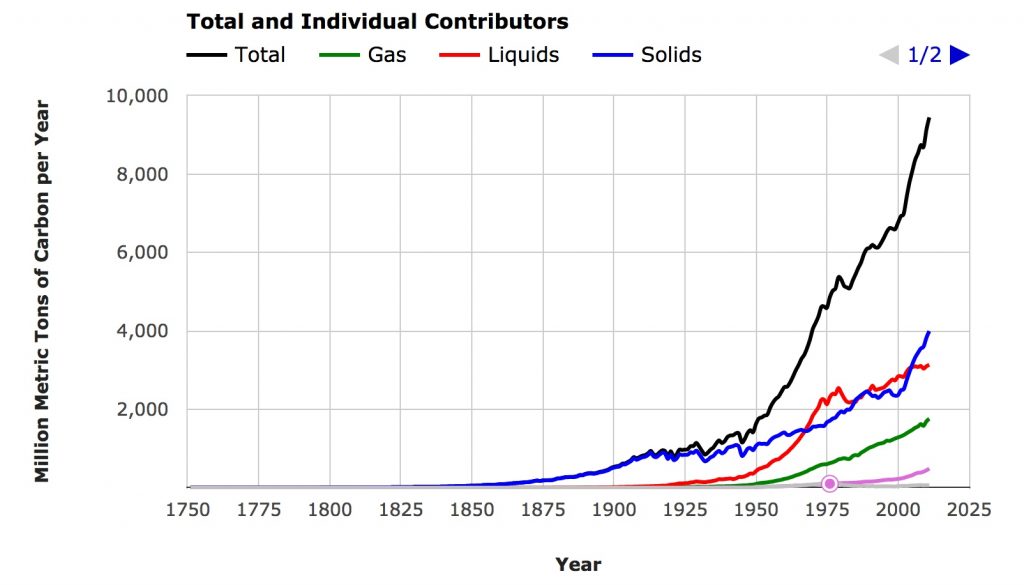Salt has often been a catalyst by which the interaction of life, colonialism and apartheid can be made visible and subject to change. From India to South Africa and today’s ongoing Palestinian hunger strike, salt is the means by which the inhuman form of colonial oppression can be tasted. To deny access to salt by taxation, price or the regulations of mass incarceration is to colonize human life itself. It is to assert that only certain types of human life are beyond price and have inherent dignity.
In his book Debt, activist anthropologist David Graeber calls gestures like passing the salt “baseline communism.” If you sit at a table with someone, whether in your own home or a dining place elsewhere, and they ask you to pass the salt, you simply do it. You don’t try and monetize the transaction. You don’t demand some kind of reciprocal gesture, like passing the pepper, just because you passed the salt. It is the simple recognition that the request comes from a human being like yourself.
This common interaction suggests that, as Graeber puts it, “communism is the foundation of all human sociability,” not to be confused with the formerly existing state Communism of the Soviet period. Nor is it about the exchange of goods. It’s the basic generosity and hospitality that makes human social life possible. It was this impetus, for example, that led the Native peoples of the Americas to give food to white settlers to their long-term detriment.

In 1930, Mahatma Gandhi protested against the British imposition of a tax on salt in colonial India by walking to the sea in his now-famous Salt March. Arrived at the coast, he picked up a handful of dried salt, deliberately breaking the colonial law. The absurdity of the colonizer prohibiting the colonized from using a natural product epitomized the baseline stupidity of colonialism. It was perhaps his most effective act of non-violent resistance, or satyagraha, and some 60,000 Indians were arrested for contravening the salt laws in similar fashion.
A few years ago, I visited the University of Pretoria in South Africa. I used the example of salt as baseline communism in a seminar. Later, students told me that the university had recently introduced a charge for salt in its cafeteria. It was just a couple of cents, irrelevant to those like myself with means, so I had not noticed. For those without resources, always the Black South African students, such small charges are exactly what prevent them from being able to study.

Just as utility debt, rent arrears or a traffic ticket can disrupt African-American social life, as Ferguson has taught us, so could this little salt tax end the possibility of a Black South African student making ends meet. In 2012, Black South Africans earned an average 3000 rand ($224) per month. Assuming that a student might not make that average, it’s easy to see how even small extra charges add up. At Wits University, one of the most expensive, student fees range between 30,000 and 60,000 rand. As a result, only 53% of Black South African students graduate six years after beginning their degree. As many as a third drop out after only a year.
The students did not accept their endless immiseration. When the Zuma government attempted to raise tuition fees by 8%, they rose up, created #FeesMustFall and defeated the increase. The student movement has now turned to decolonizing education, using the slogan “Decolonize the Curriculum.” For Dr Shoshe Kessi of the Black Academic Caucus, “we can’t have a dialogue about Black people’s dignity. That is a given.” And yet it is not. That is why the Palestinian hunger strike is a dignity strike and why the hunger strike is a decolonial action.
In the Palestinian hunger strike in Israeli prisons, the regime has taken to denying the strikers salt. They had been consuming only water mixed with salt, a basic and fundamental nutrient without which life is endangered. Denying salt is denying life. More exactly, it denies social life, which is to say, human life. Graeber describes how communities like those of the Iroquois are divided into halves. The two sides interact in specific ways. You can marry only people from the other side, while you are obligated to bury their dead, just as they bury yours. “Society will always exist,” says Graeber. “Therefore there will always be a north side and a south side of the village.”
The regime wants to deny that possibility. It refuses the principle of hospitality, which capital has mutated into “the hospitality industry,” a contradiction in terms if ever there was one. According to Graeber, there is an Arab story that a burglar accidentally tasted the salt in a house he was robbing. Realizing that he had partaken of their salt, he replaced their property because now he was bound to them. Israel wants to be bound to no one and to deny the possibility of there being common life between peoples of different religions or ethnic backgrounds.

Aarab Barghouti, Marwan Barghouti’s son, launched the “saltwater challenge.” He drank a glass of salt water, like that then being consumed by the strikers, and challenged others to do the same. Thousands have done so, including Yacoub Shaheen, the winner of Arab Idol 2017. In a striking understanding of what is at stake, hospitality industry businesses like the Grand Park Hotel in Ramallah have posted videos of their staff taking the challenge.
What is the meaning of this challenge? It does not raise money like the ALS Ice Water challenge. It recognizes that the “village” of the social world exists, even and especially in prisons. By performing the action of those imprisoned, the challenged do not pretend that their conditions are the same. Rather they recognize that there is a duty of care toward the incarcerated. It is to enact the conditions of baseline communism in the only way possible.


